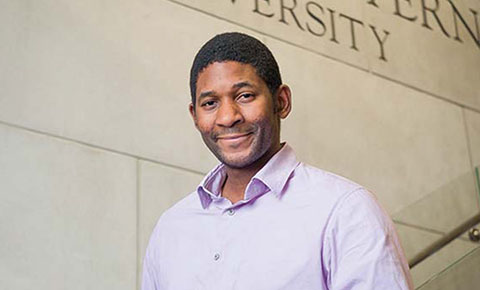Does School Autonomy Improve Test Scores?
 A new working paper by Northwestern University labor economist Kirabo Jackson found that granting more autonomy to high-quality principals and to principals of schools with atypical needs (like bilingual education or a population of students with special needs) increased student test scores, contributor Mike McShane wrote in Forbes.
A new working paper by Northwestern University labor economist Kirabo Jackson found that granting more autonomy to high-quality principals and to principals of schools with atypical needs (like bilingual education or a population of students with special needs) increased student test scores, contributor Mike McShane wrote in Forbes.
Jackson, the Abraham Harris Professor of Human Development and Social Policy at the School of Education and Social Policy, also found that more autonomy led to less principal turnover.
Jackson examined the effects of the Chicago Independent School Program, an initiative by the Chicago Public Schools to give some school principals more autonomy over how their schools operate.
“People are generally unaware of just how little control principals often have over their schools,” McShane wrote. “In many places, hiring is done centrally by the school district. Calendars and schedules are set by the district as well. Curriculum, textbooks, and technology purchases, can all be decided by someone other than the principal.
“The benefits found were not huge, but given that the cost was next to zero, it is something worth thinking about,” McShane added. “It is also a helpful reminder that a few blanket policies are good for all schools, all principals, all teachers, or all students. While autonomy could be good for a high-quality principal, it could be terrible for a low-quality one.”
Jackson has long been interested in how people are affected by systems. In addition to public school funding, his work largely explores how college prep programs, ability tracking, single-sex education, and other practices can benefit or hurt students long after they’ve left school.
Some of his most original and influential new research tackles the question of what makes someone a good teacher and casts doubt on whether test scores are the best way—or only way—to assess how well students do in school.
In 2022, Jackson was appointed lead editor for the American Economic Journal: Economic Policy, one of the nation’s most respected scholarly economic journals. He is a member of the National Academy of Arts and Sciences (2022) and the National Academy of Education (2020).
Read more about Jackson in a previous issue of SESP Magazine.